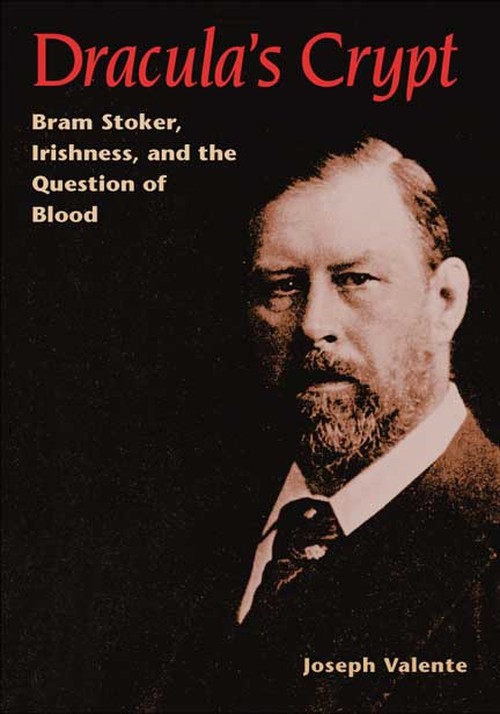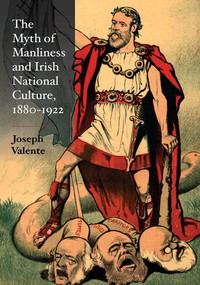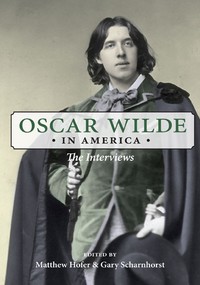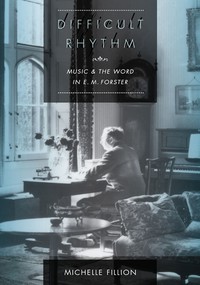
Dracula's Crypt
About the Book
Dracula's Crypt unearths the Irish roots of Bram Stoker's gothic masterpiece, offering a fresh interpretation of the author's relationship to his novel and to the politics of blood that consumes its characters.An ingenious reappraisal of a classic text, Dracula's Crypt presents Stoker's novel as a subtly ironic commentary on England's preoccupation with racial purity. Probing psychobiographical, political, and cultural elements of Stoker's background and milieu, Joseph Valente distinguishes Stoker's viewpoint from that of his virulently racist, hypermasculine vampire hunters, showing how the author's dual Anglo-Celtic heritage and uncertain status as an Irish parvenu among London's theatrical elite led him to espouse a progressive racial ideology at odds with the dominant Anglo-Saxon supremacism. In the light of Stoker's experience, the shabby-genteel Count Dracula can be seen as a doppelgänger, an ambiguous figure who is at once the blood-conscious landed aristocrat and the bloodthirsty foreign invader.
Stoker also confronts gender ideals and their implications, exposing the "inner vampire" in men like Jonathan Harker who dominate and absorb the women who become their wives. Ultimately, Valente argues, the novel celebrates a feminine heroism, personified by Mina Harker, that upholds an ethos of social connectivity against the prevailing obsession with blood as a vehicle of identity.
Revealing a profound and heretofore unrecognized ethical and political message, Dracula's Crypt maintains that the real threat delineated in Dracula is not racial degeneration but the destructive force of racialized anxiety itself. Stoker's novel emerges as a powerful critique of the very anxieties it has previously been taken to express: anxieties concerning the decline of the British empire, the deterioration of Anglo-Saxon culture, and the contamination of the Anglo-Saxon race.
Reviews
"This slim volume offers daring new readings of Dracula, with Valente meticulously grounding his assertions in the text of the novel, Stoker's biography, and recent postcolonial theory."--Choice"Joseph Valente's new book may be . . . the last word on Bram Stoker's Dracula."--Irish Studies Review
Blurbs
"Valente provides the first sustained critical commentary informed by postcolonial and poststructuralist thinking that persuasively addresses the Irish aspects of Dracula. Future critics will have to attend to Valente's rich formulations about the book's pervasive ambiguous doublings."--John Paul Riquelme, editor of Dracula and author of Teller and Tale in Joyce's Fiction
"Dracula's Crypt conducts a thorough and persuasive critique of current scholarship on Bram Stoker's ‘Irishness,' proposes some highly original alternatives, and argues those alternatives in an extremely compelling manner. In addition, in its method the book has implications far beyond the particular text it treats: it offers an important and innovative model for the treatment of other texts and issues. The book will appeal to readers interested in Irish studies, postcolonial studies, Gothic fiction, late Victorian literature and culture, and modernism."--Marjorie Howes, editor of Dracula and author of Yeats's Nations





